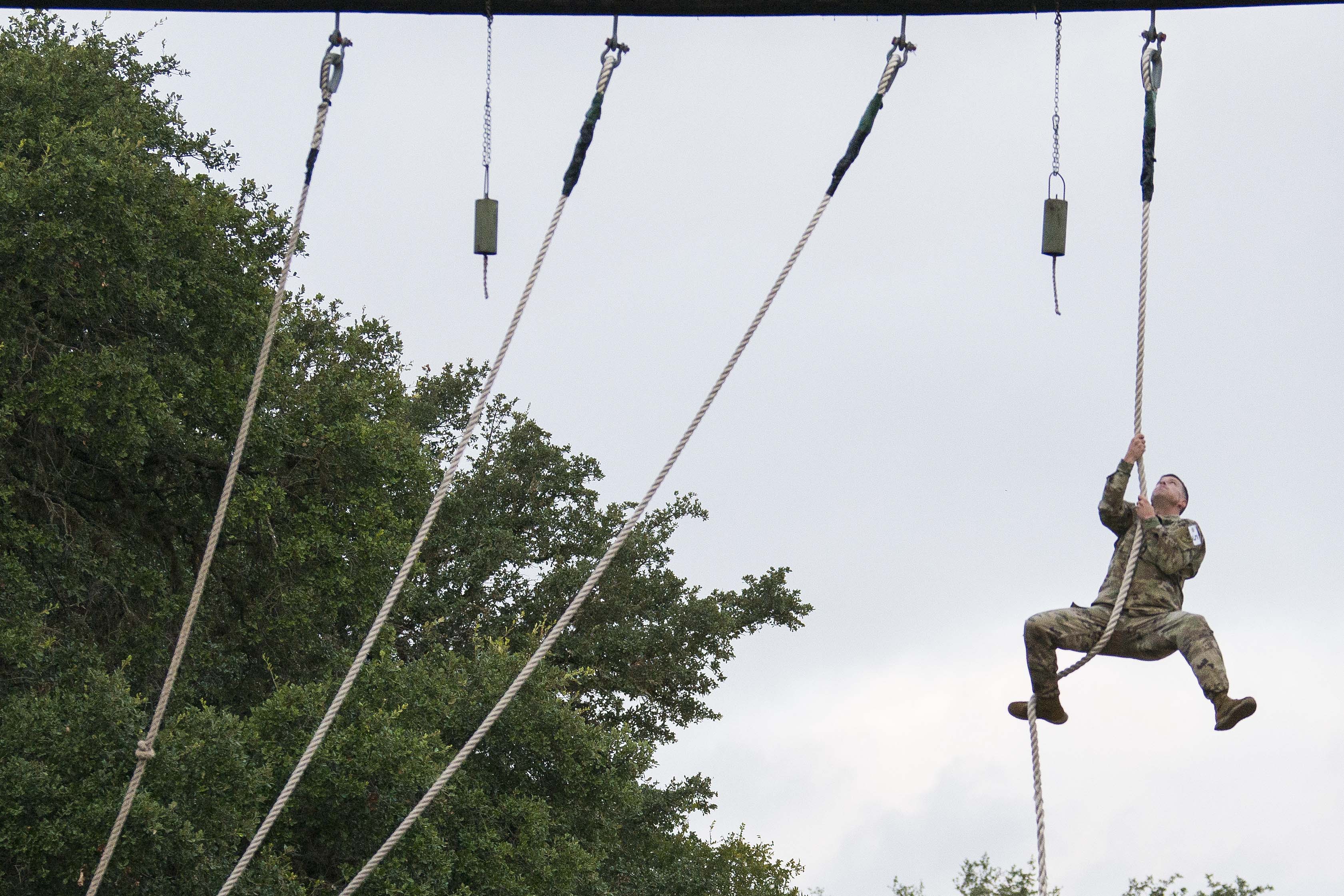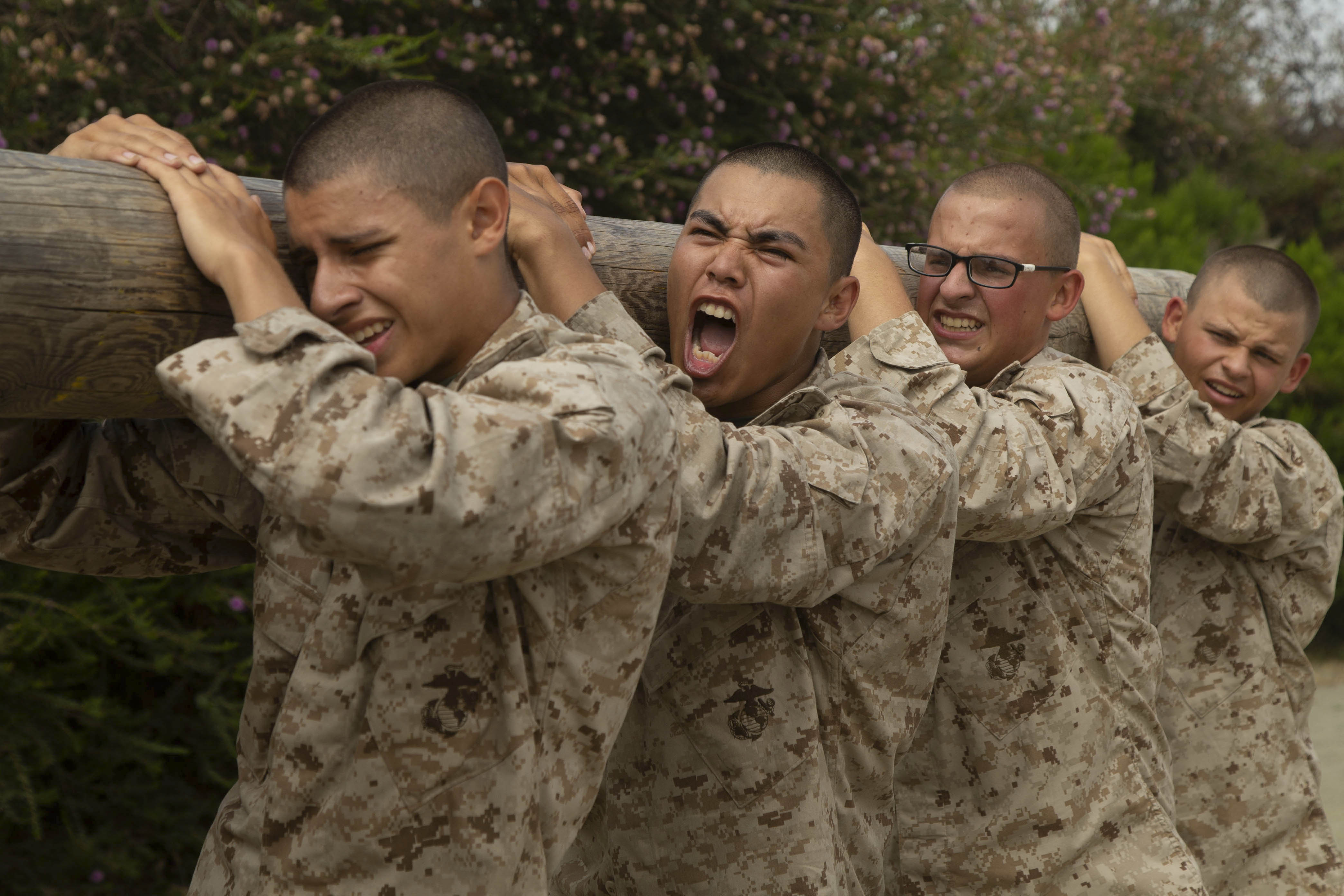
This was originally posted on the Military Spouse Advocacy Network blog, and I’m honored to be working with them! You can read the original post, and find more great information for those who support service members and veterans most, by going here.
That which does not kill us makes us stronger -Friedrich Nietzsche
This quote is so well known that people tell it to themselves all the time. When we are stressed, when the boss or the kids or our spouse adds more challenges than we are willing to handle, we bring it out. It’s like a thought stress ball, or worry stone, or a talisman that we hold on to when things are getting unbearable. “I can make it through this,” we think to ourselves, “This is not going to kill me.”
Turns out that it is true. There is real science behind it. Documented research indicates that overcoming adverse situations can actually increase psychological and spiritual resilience, rather than cause someone to break down.
Concept of Posttraumatic Growth
There has been a lot of discussion in the military about a service member’s reaction to exposure in combat, as it often results in Posttraumatic Stress Disorder. However, there is more discussion in the mental health profession, as well as the military and veteran communities, about the concept of Posttraumatic Growth. Dr. Lawrence Calhoun and Dr. Richard Tedeschi have conducted research on Posttraumatic Growth, and continue to do so. From their website outlining their work with the Posttraumatic Growth Research Group, Posttraumatic Growth is defined as “positive change experienced as a result of the struggle with a major life crisis or a traumatic event.”
The challenge with Posttraumatic Growth, in some people’s eyes, is that it incorporates the word “trauma” in the title. How does this apply to those who may not have directly experienced trauma?
Secondary Trauma and Major Life Crises
Along with PTSD, and something that many spouses of service members with multiple deployments have realized, is that there is the potential to experience Secondary Traumatic Stress (STS), or Secondary PTSD. There is also the potential to develop Compassion Fatigue, Caregiver Burnout, or Vicarious Trauma. Rather than going into detail here, I recommend an excellent resource, a blog titled A Spouse’s Story PTSD, and the linked post titled, “PTSD and Psychological Distress in Spouses/Partners.”
Perhaps what a spouse experiences is not traumatic, but that does not mean it’s not impactful. One thing I realized with veterans I work with is, what happens to them happens to their spouses and families in the psychological sense. My wife, as I’ve often mentioned , experienced my deployments in a very different way than I did. While she was not exposed to the firefights, danger, and physical hardships that I endured, she was experiencing them in her own way. When I made it out on the other side of a patrol or a firefight, I had immediate feedback…I knew I was safe. If a mortar round landed 250 meters away from me, I was shaken by the blast but immediately knew I was safe. She, however, did not have that same assurance, so the imagination scenarios that played out in her mind had no immediate resolution. In many ways, these were micro-crises that she experienced often. When communications were blocked in Iraq, I knew the cause, but she didn’t…which made these times stressful to her.
Beyond that, what could be considered a “major life crisis” is sometimes common in a military family. Disrupted relationships, lack of immediate support from a family network of long-developed friends, even the frequent duty station changes and the accompanying packing, moving, unpacking, and integrating into a new location is not a typical experience for someone not in the military. The emotional and psychological strength that it takes to withstand these challenges is what builds resilience for future challenges, and is what makes military spouses some of the most hardy and resilient individuals in the world!
Developing Physical Strength as an Example
Consider building psychological and emotional resilience in the same manner that we build strength or cardiovascular endurance. Through effort, we repeatedly pick heavy stuff up and put it down, and counterintuitively our muscles get bigger. We put stress and strain on them, and they respond by developing greater strength and mass, or greater tone, if that’s what you’re after. In the same way, we build up cardiovascular endurance by running, biking, or hiking, in order to strengthen our heart and lungs by putting more pressure on them.
We can develop our emotional, psychological, and even spiritual strength in the same way. Sometimes it can be intentional, but mostly it is due to unintended external pressures like actual trauma, life crisis, or just the standard stress of military life.
How have you experienced growth after a hardship or stressful event? There is a very good chance that your story is inspirational to others, and we’d love to hear it. How have you come out on the other side of a stressful event stronger and more resilient? Please comment below, and share with your friends. We’d love to hear your feedback!

The Head Space and Timing Blog is supported by the Colorado Veterans Health and Wellness Agency, a 501(c)3 Nonprofit in Colorado Springs, Colorado. The goal of the CVHWA is to provide military culturally competent mental health counseling to veterans and their spouses, regardless of characterization of discharge, time of service, or era of service. Our vision is to assist veterans to identify and remove barriers to their mental, physical, emotional, and behavioral wellness. For questions or inquiries, contact us!


